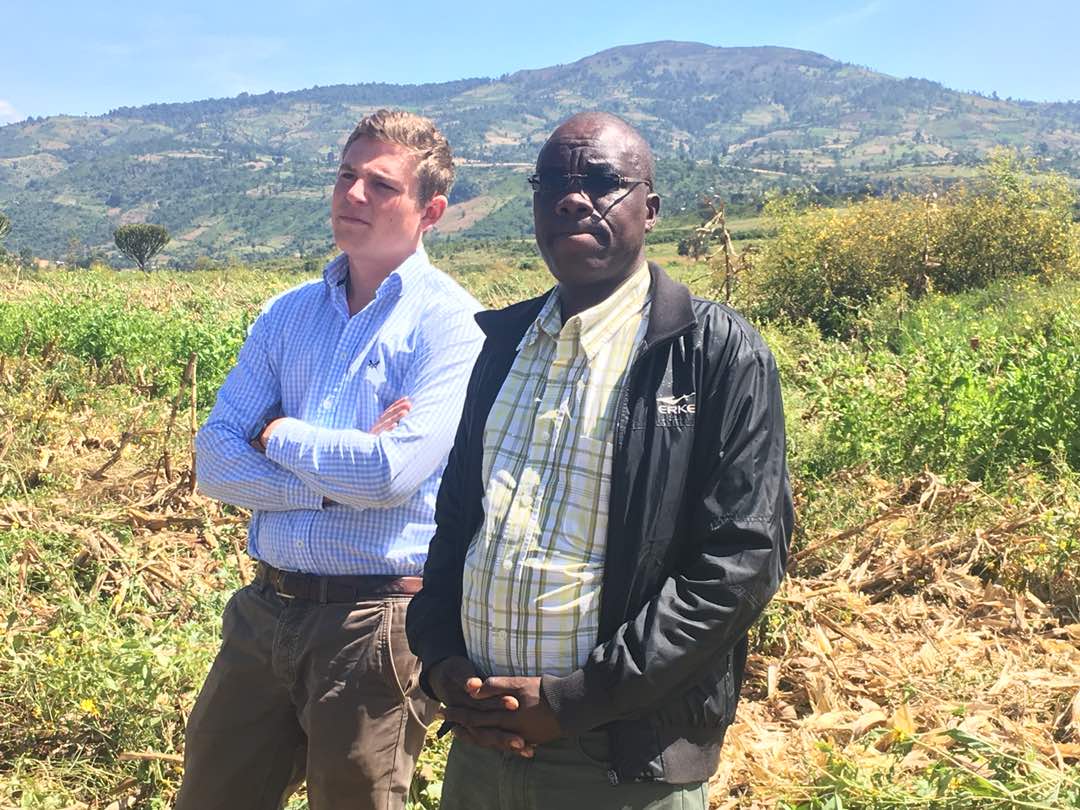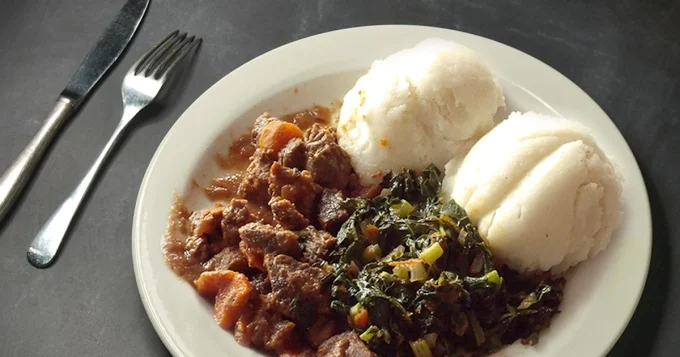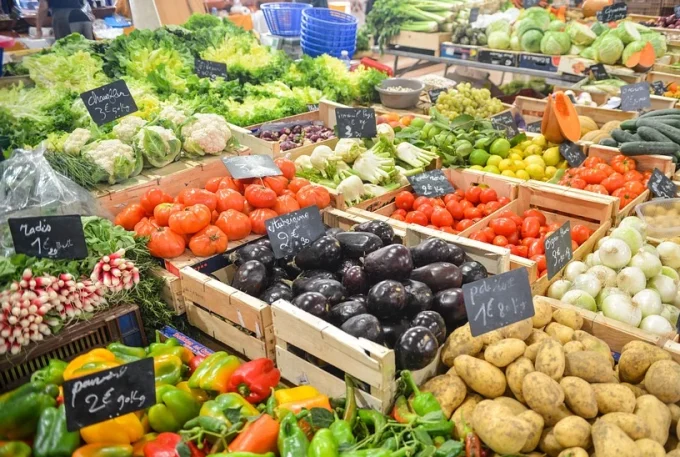As the planting season kicks off with resumption of rains, farmers have been urged to use the right type of fertilisers for their crops to increase food production.
Speaking in Kericho last week during a farmers’ exhibition, Exporting Trading Group Country Director Lewis Giles said farmers need to be trained on fertiliser use to enable them get value for their investments.
“The global discourse is not only on whether farmers use fertilisers or not; it is also on the quality, quantity and the timing of the application of fertilisers,” said Mr Giles. “This calls for policies and programmes that would realise the potential benefits of fertilisers in Kenyan agriculture.”
Analysts say farmers in sub-Saharan Africa use little fertiliser, accounting for just 1.5 per cent of the world’s consumption of nitrogen, a crucial nutrient.
To address this gap, the ETG Country Director says they have erected a modern fertiliser blending plant in Mombasa that churns out crop-specific, soil-specific fertilisers.
The blending plant, according to Mr Giles, uses the most current technology in the industry and, therefore, able to produce the amount of fertilisers farmers would require for both planting and top-dressing.
READ: Where Kenya’s middle class will be shopping
“The prime idea behind this technology is to feed our soils with the nutrients that they require,” he said. “We have been carrying out soil analysis and tests for different regions in preparation for this year’s high season and soil analysis and tests for different regions are already in progress.”
Mustan Taibali, the firm’s head of fertiliser said the blended fertiliser can increase yields by more than 30 percent. “Ultimately, this is a technology that would address the perpetual food crisis in Kenya, besides empowering millions of farmers economically,” Mr Taibali said, adding that the plant would also serve Uganda, Rwanda, Burundi, Tanzania and the Democratic Republic of Congo.
Kenya has been encouraging local production and blending of fertilisers to help cut import costs and reduce subsidies needed to make fertilisers affordable for peasant farmers. The government spends up to Ksh3 billion annually to provide farmers with low-cost imported fertiliser.













Leave a comment